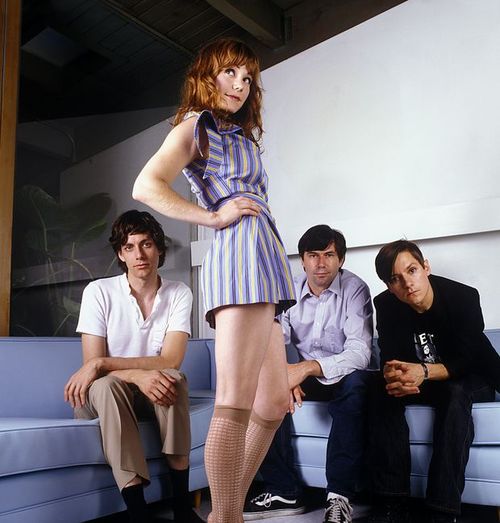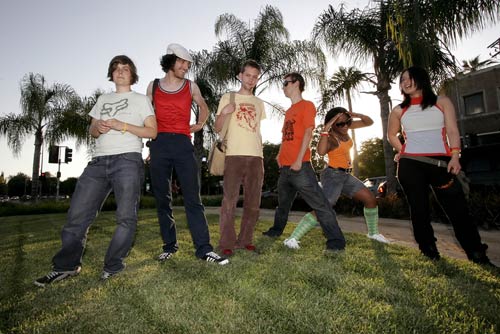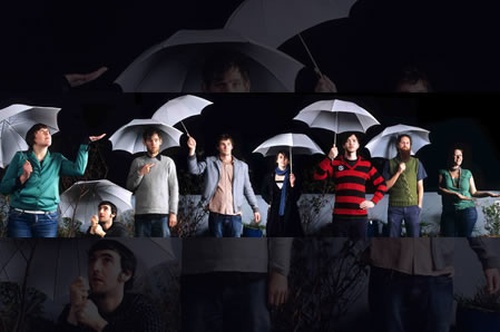TOM FRANCIS
REGRETS THIS ALREADY
Hello! I'm Tom. I'm a game designer, writer, and programmer on Gunpoint, Heat Signature, and Tactical Breach Wizards. Here's some more info on all the games I've worked on, here are the videos I make on YouTube, and here are two short stories I wrote for the Machine of Death collections.
Theme
By me. Uses Adaptive Images by Matt Wilcox.
Search
Weirdly, You’ve Been Tanned – Suspicious For The Winter
This is mostly about the new Architecture in Helsinki, so I’ll get the other new albums out of the way quickly:

Rilo Kiley – Under The Blacklight: Okay, well this album has a statutory rape apologist song on it, so that’s hardly fair to the others in this round-up. It’s called 15, and you can pretty much take it from there. The trouble is, like all Rilo Kiley songs with slightly unpalettable lyrics, it’s incredibly good. It makes me worry about what Jenny Lewis could convince me of if she sang it well enough, because the “only, only, only fifteen” refrain here is so sweetly intoned that you find yourself thinking “Yeah, how could he have known?” Next up: The Manslaughter Blues.
There’s masses to love about Blacklight, and somehow its biggest appeal is that much of it doesn’t sound like Rilo Kiley. More like a Rilo Kiley inflection on a few of their favourite bands. I’m not well-listened enough to name any, but Give A Little Love sounds like nothing else on this or any other of their albums. And Silver Lining has a soulfulness that is at once theirs and also teasingly someone else’s.

The Go! Team – Proof of Youth: Now that I’ve given it a fighting chance, their second album has stopped irritating me and switched to just being slightly weak and noxious and flat, like week-old coke. The title’s unfortunate – they sound more tired and strained than on Thunder, and there’s just less life in the output. This album’s Bottle Rocket is clearly the jubilant Wrath of Marcie, and Universal Speech has the same electrified schoolyard chant feel of The Power Is On. But neither really recapture the velocity or glee of the first album for me. Grip Like A Vice and Flashlight Fight are just trash; dour self-aggrandising recited with no hint of irony or fun.

Architecture in Helsinki – Places Like This: I haven’t listened to an album on such a relentless repeat since Come On Feel The Illinoise. This has nothing to do with that, and it’s a terrible point of comparison, but I was attempting to illustrate the point that this is awesome. It’s what happens when the geeky indie kids try to be cool, when a huge band forget to bench anyone, and a group with more styles than songs forget to pick one. And like Lister’s triple fried-egg butty with chilli sauce and chutney, the wrongness of the ingredients is what makes it so right.
Like It Or Not explodes into what feels suspiciously like ska, Feather in a Baseball Cap’s descending synth-beep intro is almost seek, and Hold Music is outright sexy. These are (mostly) the same guys who did the chocolate-sweet What’s In Store and the kitten-soft Like A Call, but something’s happened to them. But if you’ve never subconsciously wanted the sweet-voiced girl from Architecture in Helsinki to do a song that calls for her to sing “Give it to me, baby give it to me,” a lot, you’re a better or less imaginative man than I.
The shift does feel like the logical combination of the opposite directions Frenchy I’m Faking and Do The Whirlwind hinted at, and in fact Heart It Races pulls a strand directly from the latter and writes a new song around it. That would be a problem if it wasn’t so much better: electric with force, bristling with hooks and almost offensively quirky. I’ve heard people say the exact opposite, and I just can’t work out what these people are doing with their ears. It doesn’t seem like this sound could possibly fail to tingle the brain if it gets there.
They can’t even manage every album’s Obligatory Three Boring Tracks, screwing it up each time by adding a ridiculous twist like the “Ay yah yah, woo woo!” chant toward the end of Lazy (Lazy), and livening it up irreparably.
Their demented frontman has always let his vocal affectations get the better of him at their songs’ most energetic twists, but here it’s easier to look at it the other way around: in Places’ quietest moments, he sometimes slips back into what could almost pass for a normal human voice. By the spastic climax of album highlight Debbie, the sounds he’s making seem like they wouldn’t fit through a mouth. It irritated me at first, but now I can’t see why I ever liked them without it. Getting carried away and sounding silly is what Architecture in Helsinki is.
Oh, scores? B, C, A; 8, 5, 9.